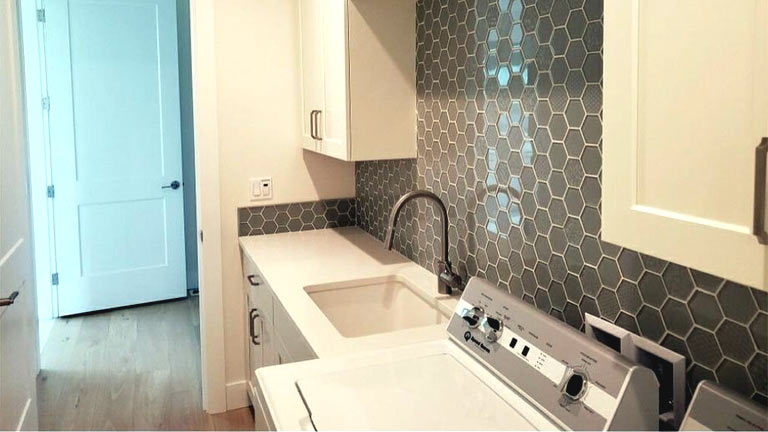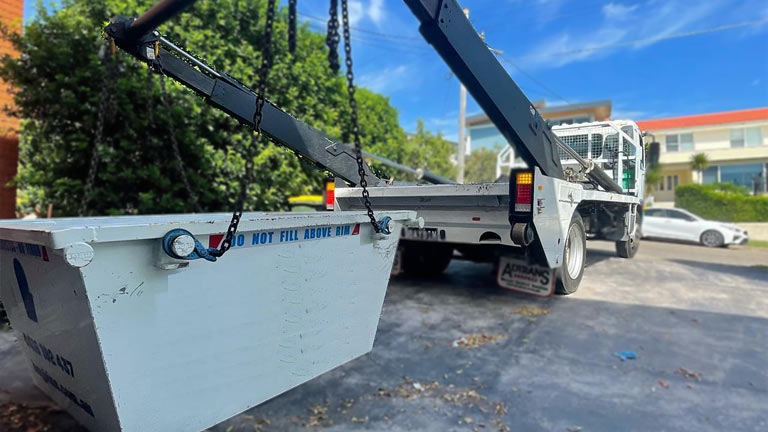
When it comes to designing or renovating your laundry room, choosing the right tile is a crucial decision. The laundry room is a functional space that requires flooring that can withstand the demands of daily use. In this article, we will explore the best tile options to consider for your laundry room, taking into account factors such as durability, water resistance, and aesthetic appeal.
Why is Choosing the Right Tile Important for Your Laundry Room?
The laundry room is often exposed to moisture, detergent spills, and high foot traffic. Therefore, selecting a tile that can withstand these conditions is essential for maintaining a functional and visually pleasing space. The right tile will not only provide durability and longevity but also add style and value to your laundry room.
What Are the Key Factors to Consider When Selecting Tile for Your Laundry Room?
When choosing the best tile for your laundry room, several factors should be taken into consideration:
1. Durability
The tile should be able to withstand heavy loads, frequent foot traffic, and potential impact from dropped objects. Opt for tiles that are known for their durability, such as porcelain, ceramic, and square tiles.
2. Water Resistance
Laundry rooms are prone to water spills, leaks, and humidity. It is crucial to select tiles that are highly resistant to water damage. Porcelain, ceramic, and vinyl tiles are popular choices due to their excellent water-resistance properties.
3. Ease of Maintenance
Choose tiles that are easy to maintain and clean. Smooth and non-porous tiles, such as porcelain, are resistant to stains and require minimal effort to keep them looking fresh and clean.
4. Slip Resistance
Considering the risk of wet floors in the laundry room, it is important to prioritize slip-resistant tiles to prevent accidents. Look for tiles with a textured or matte finish, as they provide better traction.
5. Style and Aesthetic Appeal
While functionality is crucial, you also want your laundry room to look visually appealing. Consider the overall style of your home and choose tiles that complement the existing decor. Explore different colors, patterns, and designs to create a cohesive and visually pleasing space.
What Types of Tile Are Suitable for Laundry Rooms?
Several tile types are suitable for laundry rooms, each with its own advantages and considerations.
1. Porcelain Tile
Porcelain tile is highly durable, water-resistant, and easy to maintain, making it an excellent choice for laundry rooms. It is available in various styles and can mimic the appearance of natural stone or wood. Porcelain tiles are also resistant to scratches, stains, and fading.
2. Ceramic Tile
Ceramic tile shares many characteristics with porcelain tile. It is durable, water-resistant, and comes in a wide range of colors and designs. Ceramic tiles are known for their affordability, making them a popular choice for laundry rooms on a budget.
3. Vinyl Tile
Vinyl tile is a versatile and cost-effective option for laundry rooms. It is water-resistant, comfortable underfoot, and provides excellent slip resistance. Vinyl tiles come in various designs, including styles that resemble natural stone or hardwood.
4. Natural Stone Tile
Natural stone tiles, such as slate, travertine, and arrow tiles, can add a touch of elegance to your laundry room. However, it’s important to note that natural stone requires regular sealing to maintain its appearance and protect it from stains. These tiles may be more susceptible to scratches and can be more expensive compared to other options.
Which Tile Material Is Best Suited for Laundry Rooms?
Porcelain and ceramic tiles are generally the best materials for laundry rooms due to their durability and water resistance. They can withstand the demands of a laundry room environment and are available in various styles and designs to suit your preferences.
How to Choose the Right Tile Color and Design for Your Laundry Room?
Selecting the right tile color and design is an opportunity to enhance the overall aesthetic of your laundry room. Here are a few considerations:
1. Light Colors
Light-colored tiles can make a small laundry room appear more spacious and bright. They reflect light and create an airy atmosphere. Opt for shades like white, cream, or light gray to achieve this effect. You can use white rhombus tiles in your laundry room to make it more spacious.
2. Dark Colors
Dark-colored tiles can add a touch of sophistication and create a cozy ambiance. They are less likely to show dirt or stains. Deep grays, blacks, and navy blues are popular choices for a more dramatic look.
3. Patterns and Designs
Consider incorporating patterns or designs to add visual interest to your laundry room. Chevron, herringbone, or geometric patterns can create a unique focal point. However, ensure that the pattern doesn’t overwhelm the space and complements the overall design scheme.
Can You Install the Tile Yourself or Should You Hire a Professional?
The decision to install the tile yourself or hire a professional depends on your DIY skills, experience, and the complexity of the project. Installing tile can be a time-consuming and labor-intensive process, requiring precise measurements, proper subfloor preparation, and tile cutting. If you are confident in your abilities and have the necessary tools, you may choose to tackle the installation yourself. However, for larger or more intricate projects, it is advisable to hire a professional tile installer to ensure a high-quality and long-lasting result.
Conclusion
Choosing the best tile for your laundry room is crucial for creating a functional, durable, and visually appealing space. Consider factors such as durability, water resistance, ease of maintenance, and slip resistance when selecting the tile material. Porcelain and ceramic tiles are popular choices due to their excellent performance in laundry room environments. Additionally, pay attention to the color, design, and overall aesthetic to enhance the look and feel of your laundry room. Whether you choose to install the tile yourself or hire a professional, ensure proper installation and maintenance for long-lasting results. With the right tile, your laundry room can become a stylish and practical space that adds value to your home.
Frequently Asked Questions (FAQs)
How much does it cost to install tile in a laundry room?
The cost of installing tile in a laundry room can vary depending on factors such as the size of the room, the type of tile selected, and whether you hire a professional or do it yourself. On average, expect to budget between $500 and $2,500 for the installation.
Can I use carpet tiles in my laundry room?
While carpet tiles may offer comfort, they are not recommended for laundry rooms. They are more susceptible to water damage and staining, which can compromise their durability and lead to mold or mildew growth.
Are there any eco-friendly tile options for my laundry room?
Yes, several eco-friendly tile options are available, such as recycled glass tiles, reclaimed wood tiles, or tiles made from sustainable materials like bamboo. These choices can help reduce the environmental impact of your laundry room design.
How do I clean and maintain tile flooring in my laundry room?
Regular cleaning of tile flooring involves sweeping or vacuuming to remove debris, followed by mopping with a mild cleaner suitable for your specific tile type. Avoid using harsh chemicals or abrasive tools that can damage the tile’s surface. Refer to the manufacturer’s guidelines for specific care instructions.
Can I install underfloor heating beneath the tile in my laundry room?
Yes, underfloor heating can be installed beneath tile flooring in your laundry room. However, it is essential to follow the manufacturer’s recommendations and ensure that the tile is suitable for use with underfloor heating systems.
How long does tile flooring typically last in a laundry room?
With proper installation and maintenance, tile flooring in a laundry room can last for many years. Porcelain and ceramic tiles, in particular, are known for their durability and longevity, often lasting 20 years or more.




